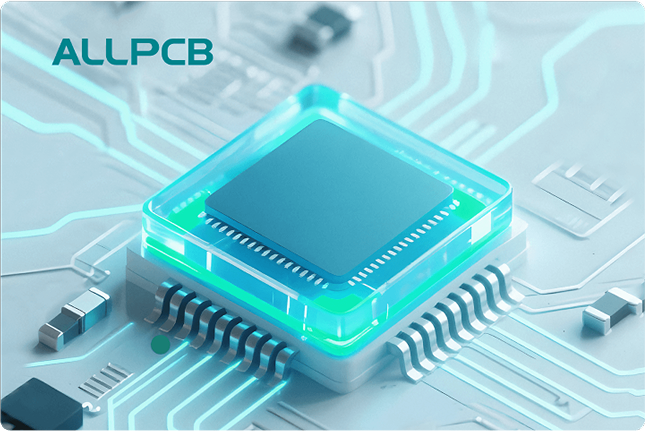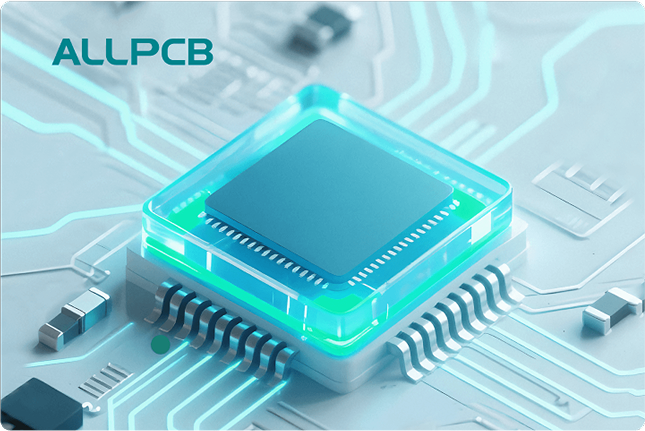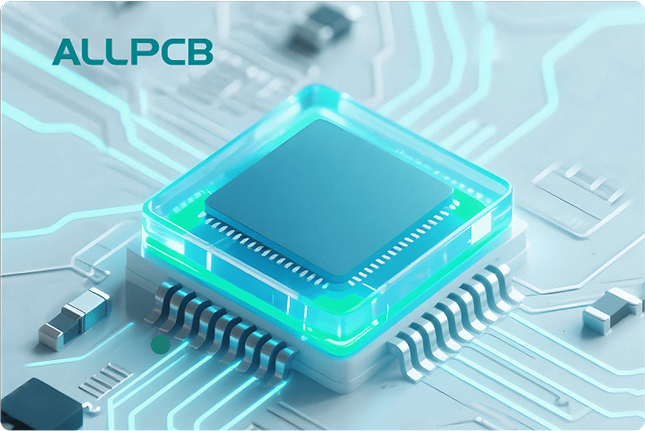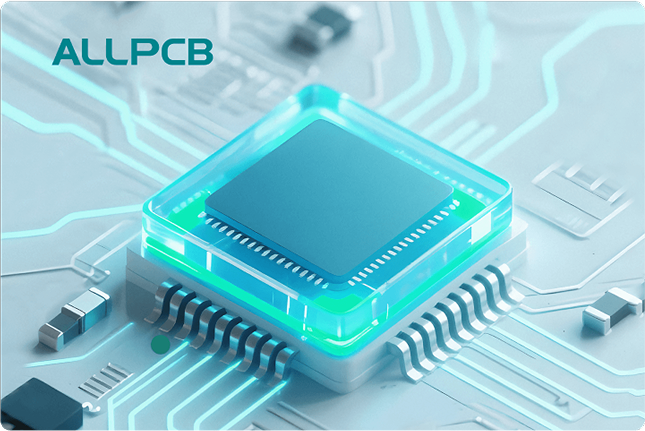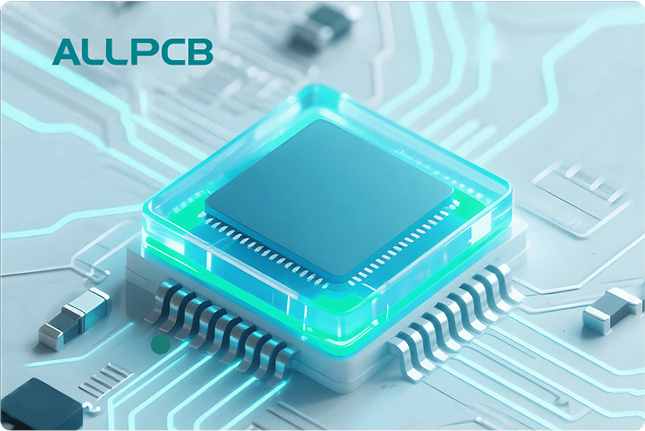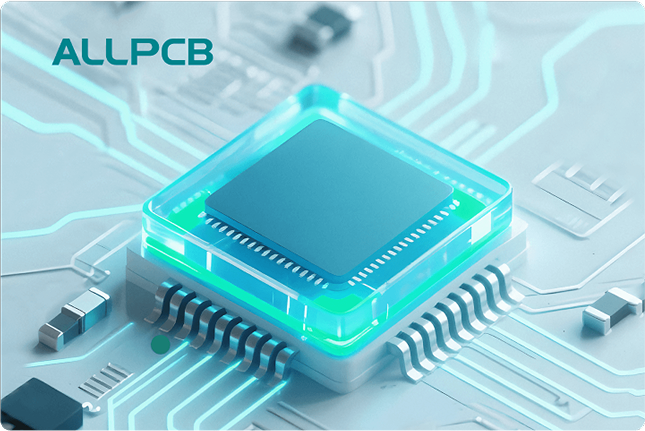If you're looking for up-to-date information on SMT component pricing, a surface mount component price list, or specific costs like SMT resistor price, SMT capacitor cost, and automatic SMT assembly component cost, you've come to the right place. In this comprehensive guide, we'll break down the essential components used in Surface Mount Technology (SMT) and provide insights into their pricing trends for 2025. We'll also explore factors influencing costs and tips for optimizing your budget during PCB assembly. Whether you're an engineer, a procurement specialist, or a hobbyist, this blog will help you navigate the world of SMT components with ease.
What is Surface Mount Technology (SMT) and Why Does Pricing Matter?
Surface Mount Technology, or SMT, is a method used to mount electronic components directly onto the surface of a printed circuit board (PCB). Unlike traditional through-hole technology, SMT allows for smaller, lighter, and more efficient designs, making it the go-to choice for modern electronics. Components like resistors, capacitors, diodes, and integrated circuits are soldered onto the PCB surface using automated machines, reducing production time and costs.
Pricing plays a critical role in SMT projects. Whether you're designing a prototype or mass-producing a product, understanding the cost of components and assembly can make or break your budget. Factors like component type, quantity, and market trends directly impact expenses. By staying informed about SMT component pricing, you can make smarter decisions and keep your projects on track.

Key Factors Influencing SMT Component Pricing in 2025
Before diving into a detailed surface mount component price list, it's important to understand the factors that drive costs. Here are the main elements affecting SMT component pricing this year:
- Component Type and Specifications: Different components have varying price ranges based on their functionality and specs. For instance, a high-precision resistor with a tight tolerance (e.g., ±1%) costs more than a standard one with ±5% tolerance.
- Quantity and Bulk Orders: Buying in bulk often reduces the per-unit cost. For example, purchasing 10,000 resistors might drop the price from $0.05 per unit to $0.02 per unit.
- Market Demand and Supply Chain Issues: Global shortages or high demand for specific components, like ceramic capacitors, can drive prices up significantly.
- Size and Package Type: Smaller SMT packages (e.g., 0402 for resistors) are often pricier due to manufacturing complexity compared to larger sizes like 1206.
- Automation and Assembly Costs: The cost of automatic SMT assembly component cost depends on the complexity of the design and the speed of the production line.
Keeping these factors in mind, let’s explore specific pricing for common SMT components.
SMT Component Pricing: A Detailed Price List for 2025
Below is a general surface mount component price list based on industry trends and data for 2025. Prices are approximate and can vary depending on suppliers, regions, and order volumes. These figures are meant to give you a starting point for budgeting your SMT projects.
1. SMT Resistors: Pricing and Trends
Resistors are among the most common components in SMT designs, used to limit current or divide voltages. The SMT resistor price depends on factors like resistance value, power rating, and package size.
- Standard Chip Resistors (0603 Package, ±5% Tolerance): $0.01 - $0.03 per unit for quantities of 1,000 or more.
- Precision Resistors (0402 Package, ±1% Tolerance): $0.05 - $0.10 per unit for similar quantities.
- High-Power Resistors (1206 Package, 1W Rating): $0.15 - $0.30 per unit.
Prices for resistors tend to be stable due to their widespread use and availability. However, smaller packages or specialized resistors (e.g., temperature-compensated) can see price spikes during supply shortages.
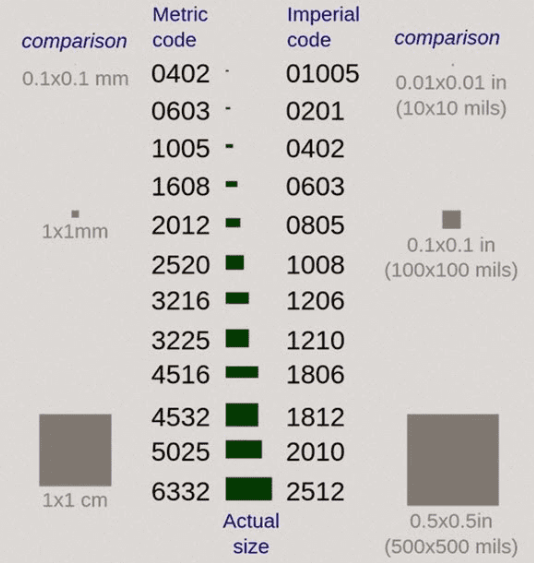
2. SMT Capacitors: Cost Breakdown
Capacitors store and release electrical energy, playing a vital role in filtering and stabilizing circuits. The SMT capacitor cost varies based on capacitance value, voltage rating, and material (e.g., ceramic, tantalum, or electrolytic).
- Ceramic Capacitors (0603 Package, 1uF, 16V): $0.02 - $0.05 per unit for bulk orders.
- Tantalum Capacitors (Case A, 10uF, 25V): $0.20 - $0.50 per unit.
- Electrolytic Capacitors (SMT, 100uF, 16V): $0.30 - $0.70 per unit.
Ceramic capacitors, especially multilayer types (MLCCs), have faced price volatility in recent years due to high demand in automotive and consumer electronics. Staying updated on market trends can help you plan purchases during price dips.
3. SMT Diodes and LEDs
Diodes and LEDs are essential for directing current flow and providing visual indicators. Their prices depend on type and application.
- Standard SMT Diodes (SOD-123 Package): $0.05 - $0.15 per unit.
- SMT LEDs (0603 Package, Single Color): $0.10 - $0.25 per unit.
Specialized diodes, such as Schottky or Zener types, may cost more based on their unique properties, like low forward voltage or voltage regulation.
4. SMT Integrated Circuits (ICs)
ICs are the brains of most electronic devices, ranging from simple logic gates to complex microcontrollers. Pricing varies widely based on functionality and manufacturer.
- Basic Logic ICs (SOT-23 Package): $0.50 - $1.00 per unit.
- Microcontrollers (QFN Package, 8-bit): $1.50 - $3.00 per unit.
- Complex ICs (BGA Package, Processors): $5.00 - $20.00 or more per unit.
ICs are often the most expensive components in an SMT design, so selecting the right one for your application is crucial to managing costs.

Automatic SMT Assembly Component Cost: What to Expect
Beyond individual component prices, the automatic SMT assembly component cost includes the expenses related to the assembly process itself. SMT assembly is typically done using automated pick-and-place machines and reflow soldering ovens, which ensure precision and speed. Here's a breakdown of costs associated with assembly:
- Setup Fees: For small runs or prototypes, expect setup fees ranging from $50 to $200, depending on the complexity of the board.
- Per-Component Placement Cost: Assembly services often charge $0.01 to $0.05 per component placed, with discounts for larger volumes.
- Stencil and Tooling Costs: A solder paste stencil might cost $50 to $150, though this is a one-time expense for repeated production runs.
- Testing and Inspection: Additional fees of $1 to $5 per board may apply for quality checks like Automated Optical Inspection (AOI).
Automating the SMT assembly process saves time and reduces errors, but costs can add up for small batches. For larger production runs, the per-unit assembly cost drops significantly, making it more economical.
Tips for Reducing SMT Component and Assembly Costs
Managing SMT component pricing and assembly costs doesn't mean compromising on quality. Here are practical strategies to keep your expenses in check:
- Buy in Bulk: Whenever possible, order components in larger quantities to benefit from volume discounts.
- Standardize Components: Use common package sizes (e.g., 0603 for resistors and capacitors) to avoid higher costs for niche parts.
- Optimize PCB Design: Simplify your board layout to reduce assembly time and minimize the number of unique components.
- Compare Suppliers: Source components from multiple distributors to find the best prices, ensuring they meet quality standards.
- Plan for Lead Times: Order components well in advance to avoid rush fees or price hikes during shortages.
By implementing these strategies, you can save significantly on both component and assembly costs without sacrificing the performance of your design.
Where to Source SMT Components at Competitive Prices
Finding reliable suppliers is key to securing fair prices for SMT components. Many online platforms and distributors offer a wide range of components with detailed datasheets and bulk pricing options. When sourcing, prioritize suppliers with a strong reputation for quality and timely delivery. Additionally, look for those who provide support for automatic SMT assembly component cost estimation, helping you plan your budget more effectively.
Conclusion: Stay Ahead with SMT Component Pricing Knowledge
Understanding SMT component pricing and having access to a reliable surface mount component price list empowers you to make informed decisions for your PCB projects. Whether you're calculating the SMT resistor price, evaluating SMT capacitor cost, or budgeting for automatic SMT assembly component cost, staying updated on market trends and cost-saving strategies is essential.
At ALLPCB, we’re committed to supporting your SMT needs with high-quality components and assembly services. By leveraging the insights from this guide, you can optimize your designs, control costs, and bring your electronic innovations to life. Keep this resource handy as you plan your next project, and ensure every dollar spent delivers maximum value.
 ALLPCB
ALLPCB


